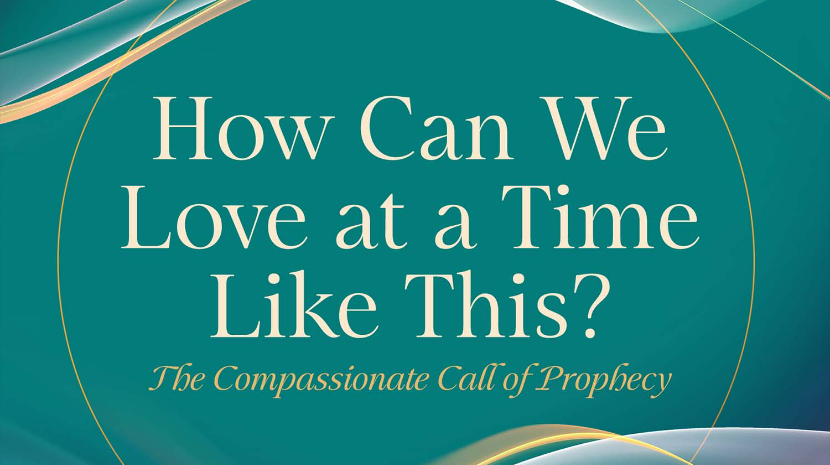From the April 2022 Issue

How Can We Love at a Time Like This? The Compassionate Call of Prophecy
1965—it was the middle year during one of the most tumultuous decades in twentieth-century America. And it was the middle of the twenty-year conflict in Indochina, what would become known as the Vietnam War. America’s involvement in that war had grown increasingly unpopular, creating a bitter divide between supporters and opponents. The countercultural movement saw the abandonment of traditional values and mores, splitting many families down the middle.
In 1963, a second wave of the feminist movement washed over the nation. That same year, President John F. Kennedy was assassinated. In 1964, the Civil Rights Act was passed, an attempt to cool the flames of racial strife, followed by the Voting Rights Act in 1965. A few years later, in 1968, two leaders of the civil rights movement, Dr. Martin Luther King Jr. and Senator Robert F. Kennedy, were both assassinated.
Never in the nation’s history have political and ideological differences been so stark.
What the world needs now is love, sweet love
It’s the only thing that there’s just too little of
What the world needs now is love, sweet love
No not just for some, but for everyone.1
This song, like many artistic endeavors, was a gesture in the right direction. It was an effort by two sincere musicians to echo the refrain of the sixties, “Make love, not war!” People loved the song—crowds linked arms and sang along to the beautiful chorus. But sadly, even a well-crafted pop song was not enough to silence the anger and frustration arising from war, racial tension, and assassinations of beloved national leaders.
The 1960s may have been one of the most difficult decades in twentieth-century America, but it hasn’t taken long for the twenty-first century to catch up. In addition to war in the Middle East, natural disasters, and epidemics, a deeper division has grown among Americans based on ideologies. Never in the nation’s history have political and ideological differences been so stark. It seems the country is divided between the right and the left, with marginal groups of progressives and conservatives on either extreme.
People have been killed, “canceled,” and persecuted for their political positions. The idea of civil discourse has been replaced by hateful rhetoric. Mob rule via the Internet and social media has replaced the voting booth as a means of collectively expressing the will of the people. If ever there was a time when “What the world needs now is love,” surely this is it.
Though we should be sad at this state of affairs, we shouldn’t be surprised. The prophetic Scripture paints a dramatic picture of the devolution of human conduct as we approach the end of the age. Near the end of his life, Paul warned Timothy of what was to come:
If ever there was a time when “What the world needs now is love,” surely this is it.
Yes, we are to “turn away” in the sense of not being caught up in such carnal attitudes and activity. But we are also to turn to those who are lost in such hopelessness with what the world needs now: love. Not the frail and fickle love of man, but the unconditional, unwavering, and unconquerable love of God in Christ Jesus. Love is always the compassionate call of prophecy.
Biblical prophecy always has two dimensions: foretelling the future and forth-telling the faith. The Bible tells us what is coming and how we are to live as it comes. If what the world needs now is God’s love, then we are the people to reveal it.
Love is always the compassionate call of prophecy.
Sources:
1Hal David and Burt Bacharach, “What the World Needs Now Is Love,” 1965.
More Articles
This Month's Magazine Resource

Vanished
Based on Dr. Jeremiah's extensive research on Bible prophecy, this novel puts you right in the middle of the action, following military leader John "Haggs" Haggerty as he navigates a world on the brink of the Rapture.
Subscribe Now
Each month, read articles and devotionals from Dr. David Jeremiah that will encourage, challenge, and strengthen your walk with the Lord.













 Turning Point for God is a tax-exempt, not-for-profit, religious corporation as defined under Section 501(c)(3) of the Internal Revenue Code. Your donation gift(s) are very much appreciated and may qualify as a charitable deduction for federal income tax purposes.
Turning Point for God is a tax-exempt, not-for-profit, religious corporation as defined under Section 501(c)(3) of the Internal Revenue Code. Your donation gift(s) are very much appreciated and may qualify as a charitable deduction for federal income tax purposes.




